July 21, 2015
Neocon highlights four of the world’s most important office design trends
 We live in the Global Village, Marshall McLuhan’s idea from 1962 of an electronically contracted world in which attitudes, cultures and our political, business and legislative framework begin to pull together. Yet each nation is shaped by little differences. That is why the comedy programme The Office found an audience on both sides of the pond, but one that needed Wernham Hogg in Slough to become Dunder Mifflin in Scranton, Pennsylvania for it to work for the local audience. The central idea of the show has a universal appeal but needs a local voice. And what is true for The Office with a big O is also true for the office with a small o. This was the takeaway conclusion of a series of events staged in London and Manchester last week by Milliken and Humanscale. The touchstone for these events was a debate about the main conclusions of of June’s Neocon.
We live in the Global Village, Marshall McLuhan’s idea from 1962 of an electronically contracted world in which attitudes, cultures and our political, business and legislative framework begin to pull together. Yet each nation is shaped by little differences. That is why the comedy programme The Office found an audience on both sides of the pond, but one that needed Wernham Hogg in Slough to become Dunder Mifflin in Scranton, Pennsylvania for it to work for the local audience. The central idea of the show has a universal appeal but needs a local voice. And what is true for The Office with a big O is also true for the office with a small o. This was the takeaway conclusion of a series of events staged in London and Manchester last week by Milliken and Humanscale. The touchstone for these events was a debate about the main conclusions of of June’s Neocon.




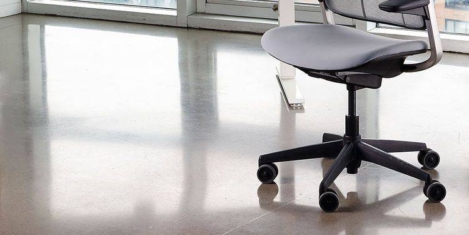






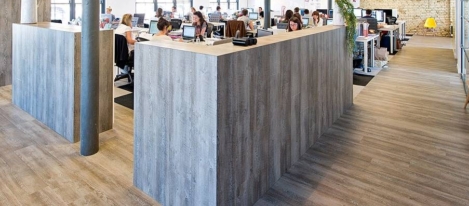
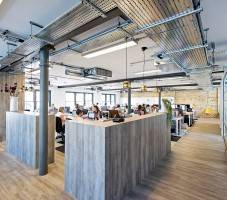




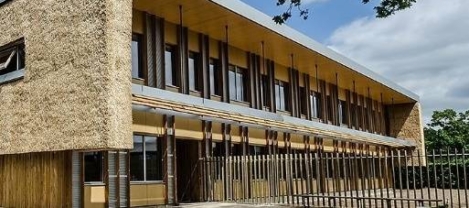

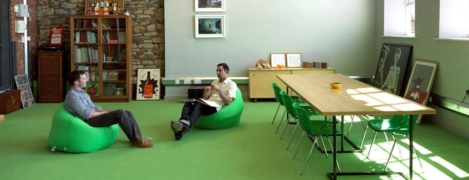
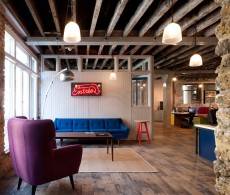
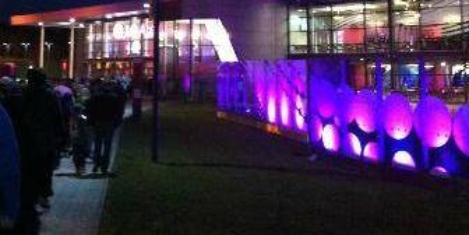
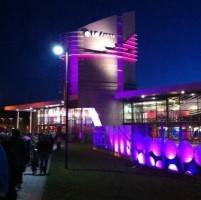

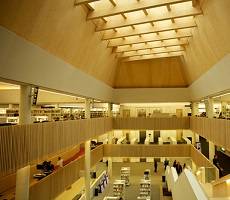










August 18, 2015
That story about sexist air conditioning systems…roundly debunked 0
by Mark Eltringham • Comment, Facilities management, Wellbeing, Workplace
The main story of the silly season so far has been that one about the inherent sexism of air conditioning systems from a week or two back. Based on a study published in the esoteric journal Nature Climate Change, it appeared that standards for heating and ventilation in building systems were founded on the metabolic rate of an average man which suggested women were toiling away in unconducive, if not exactly unbearable, conditions. This was a compelling tale picked up worldwide by major media outlets including The New Yorker and The Daily Telegraph. There were only two problems with it all. Firstly, the original study was extremely flimsy, based on a tiny sample and ignorant of some basic facts. Secondly the science behind it has now been roundly rejected by ASHRAE, the main US body responsible for informing debate on such matters.
More →